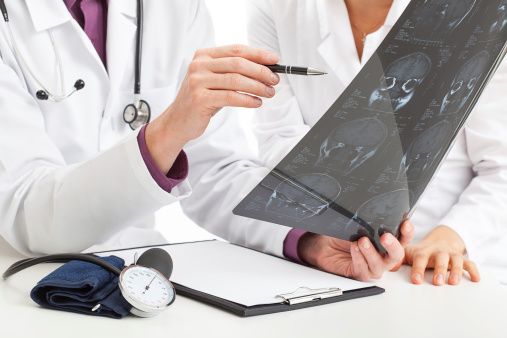 Cancer is on the rise in the United States, while cases proliferate beyond its borders. If something isn’t done now to prepare for the future, the cancer epidemic will put severe strains on the medical and humanitarian world. There simply won’t be enough resources to combat the rapid rise in estimated cases.
Cancer is on the rise in the United States, while cases proliferate beyond its borders. If something isn’t done now to prepare for the future, the cancer epidemic will put severe strains on the medical and humanitarian world. There simply won’t be enough resources to combat the rapid rise in estimated cases.
By 2030, only 16 years from now, new cancer cases in the United States are expected to rise by 45%, from 1.6 million new cases per year to 2.3 million cases per year. The numbers are shocking and doctors aren’t sure if there will be adequate resources to carry the burden. Quite frankly, we’re just not turning out enough doctors to keep up with the patients.
And although cancer treatment is required for patients, people without cancer can do a great deal to prevent their chances of catching a form of the disease. Many forms of cancer are directly linked to lifestyle, and making choices that limit your chance of developing cancer cannot only improve your health, but also aid the national and global healthcare system as a whole.
I hate to blame the victim, but many cancer cases are preventable. Many forms are not diseases that come and get you; they’re something you go and get. I’d like to reinforce the point that this isn’t applicable to all forms of cancer, or even the ones I’m about to mention, but lifestyle can play a big role in the development of certain cancers.
About 33% of all cancer cases are related to tobacco smoke. If you smoke, you’re making a conscious decision that can directly lead you to lung, or another form of cancer. Quitting will greatly reduce your chances of illness. About 28% and 29% of cancer cases are related to obesity and the over-consumption of unhealthy calories and lack of physical activity, respectively. Making health-conscious dietary choices, working to achieve and maintain a healthy weight according to the BMI or ABSI scales and getting sufficient exercise can greatly improve your chances of living a cancer-free life. Additionally, obesity is linked to 12 different cancer strains.
Because so many forms of cancer are essentially man-made, you, as an individual, have to do your best to educate yourself and make the best decisions possible for your health. There are countless resources available that provide evidence and information about what causes cancer and how to prevent it. People of past generations didn’t have the knowledge or resources that exist now. In the 1940s there was little debate over the safety of smoking. These days, however, the health risks are universally recognized.
Don’t let all this information sit idly. Without action, knowledge is basically useless. Make the decisions today that keep you healthy now and into the future. Your own crusade against cancer will go a long way to ease the coming burden anticipated by healthcare professionals.
Sources:
Wilson, Jacque, “Report: Cancer will be No. 1 killer in U.S.,” CNN web site, March 11, 2014; http://www.cnn.com/2014/03/11/health/cancer-care-asco-report/index.html?hpt=hp_t2, last accessed March 19, 2014.
Brawley, O., “Most cancers in our world pandemic are preventable—here’s how,” CNN web site, February 4, 2014; http://www.cnn.com/2014/02/04/health/brawley-cancer-tips/, last accessed March 19, 2014.
